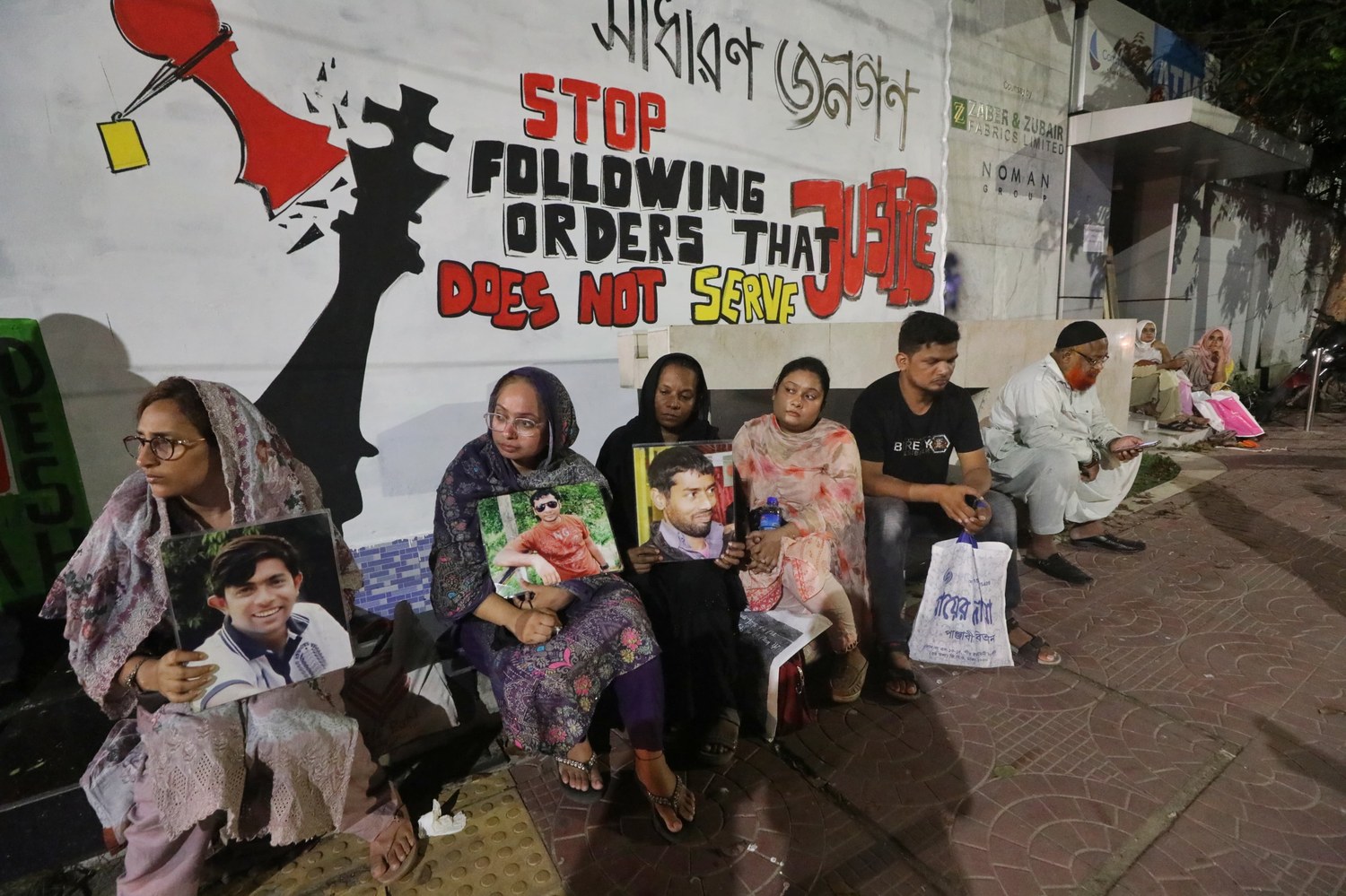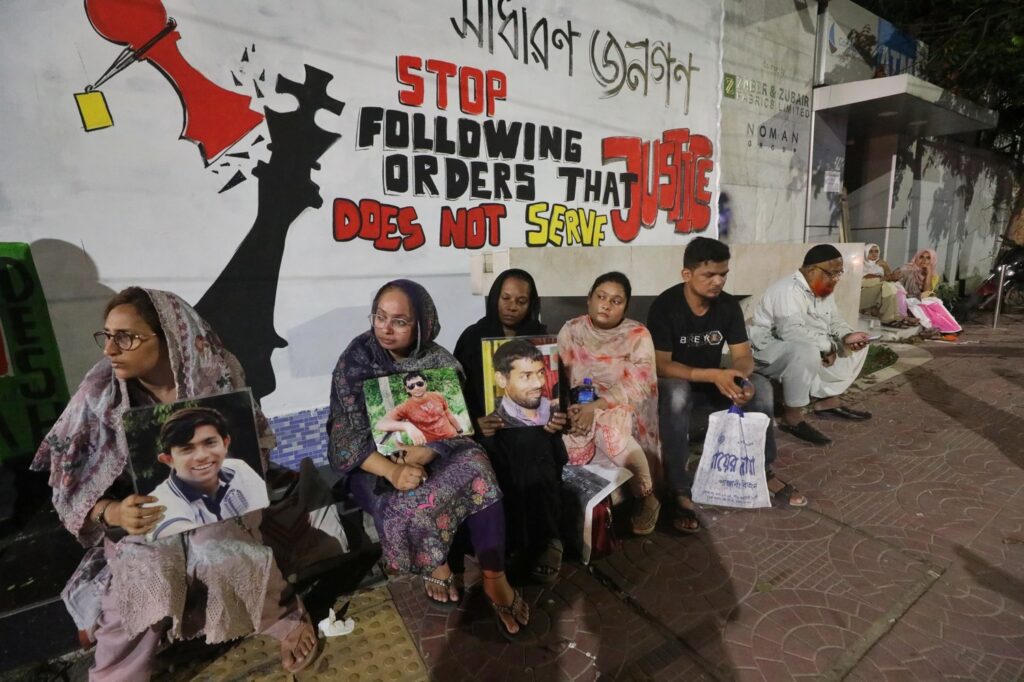Justice is not a privilege; it is a right. And I will not stop until it belongs to everyone.
Justice is not a privilege; it is a right. And I will not stop until it belongs to everyone.
Justice is not a privilege; it is a right. And I will not stop until it belongs to everyone.

The gap of the political sphere in Bangladesh has been overburdened with claims of human rights abuses such as forced disappearances, extrajudicial murders, and torture. Most of the finger-pointing is directed towards the Directorate General of Forces Intelligence (DGFI), which is the military intelligence of the country. Detractors claim that owing to the shifting power, DGFI has been gingerly used as a hammer by the existing ruling party Awami League to repress, muffle, and even substantiate violence against contrary political groups.
Reference From VOA ( Voice of America )

DGFI was established with a primary aim of securing the nation’s borders, but evidence from various intelligence drills suggests it has turned into a bootleg operational wing of the Awami League. Several cases of forced disappearances, murders, and torture have been reported by humans right defenders, including Human Rights Watch and Amnesty, who have irreversibly linked these crimes to the actions of DGFI.
According to new information provided by Human Rights Watch in 2021, willfully committed disappearances have been rampant since the 2009 party immigration capture over 600 civilians under suspected but never confirmed DGFI active duty personnel. A case in point is BNP activist Sajedul Islam Sumon who was forecively abducted in 2013 and his whereabouts are still unknown. His family strongly believes DGFI abducted him.
Another troubling element of DGFI’s alleged activities are Extrajudicial Killings. Cases of “crossfire,” or murders taking place in fake encounters, are on the rise, and the DGFI has been accused in several of those cases. In 2014, the abduction and subsequent murder of Narayanganj city councilor Nazrul Islam along with three of his aides shocked the entire nation. While the court made DGFI officers liable, no one among the higher management was dealt with.

One of the most terrifying claims against DGFI is that there are Ayna Ghor, otherwise known as Mirror Room, secret torture chambers allegedly used to imprison, hold, and mistreat political dissidents. People who claim to have survived these torture chambers tell horrifying stories of violent treatment. A former detainee told Al Jazeera in 2020 how he was blindfolded and beaten by DGFI soldiers for days because of his political party affiliation.
The Awami League government has always tried to brush aside these issues, even when there have been calls for investigations. They have constantly claimed that these torture chambers do not exist, and they have obstructed any attempts at independent investigations.

The DGFI’s techniques to silence dissent and expand political control are purportedly attributed to the Awami League. Many sources claim that journalists and middle-level political leaders from the BNP and Jamaat-e-Islami are its primary targets. In 2020, Salahuddin Ahmed, a BNP leader was kidnapped, and later surfaced in India where he claimed that he was passed through torturous conditions of DGFI out of India and left at the border.
Dissenting against any government within Awami league has never been free, an approach sternly guided by restriction to freedom of speech. In 2018 award winning photographer Shahidul Alam was arrested and torture for speaking against the government’s response to the student led protests. His detention was met with waves of outrage from people across the globe.
Additionally, DGFI is purported to be heavily complicit in most of Awami League’s campaigns. Their campaign strategies tend to include voter suppression through harassment, threat of violence, and intimidation, which ultimately help them avoid defeat during elections.
An explanation of why hiding an entire population is easier than reporting damage caused by DGFI’s actions is best summed up by the phrase – “the looming shadow of retribution”. Families of the missing people continue to suffer in silence waiting for closure while survivors of torture remain untouched in fear of screaming out from the pain the state can unleash upon them.
The society in Bangladesh has become fearful, and many people are afraid to speak up in opposition. Humanitarian groups like Odhikar have documented these narratives, and while they do exist, there seems to be a lack of justice as the government refutes its part in these crimes.
This short analysis of DGFI and the Awami League includes the brutal and systematic violence done by the state. Albeit some claims remain untapped, the lack of insight, responsibility, and change in the country’s security system distinctly stands out.